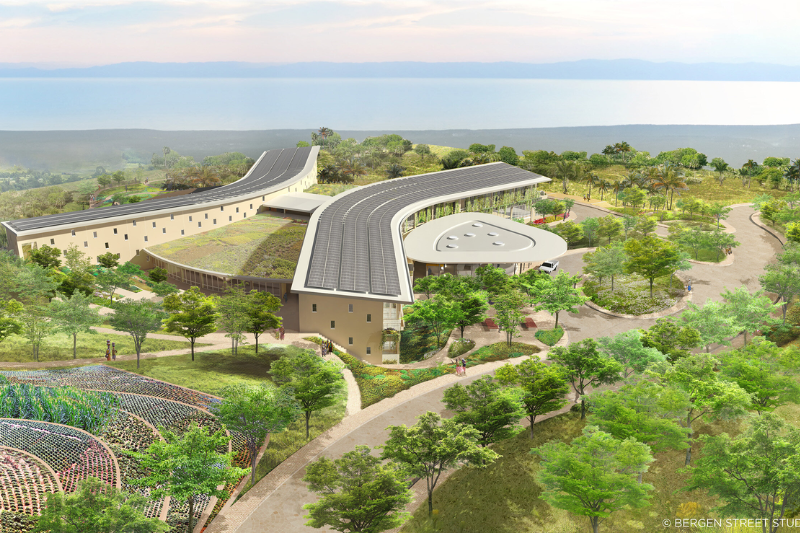In 2018, sub-Saharan Africa had an average of just 0.2 physicians per 1,000 people, indicating that a single doctor is available for every 5,000 individuals. At the current rate, Africa’s health worker deficit will climb to 6.1 million by 2030, the World Health Organization predicts. Thus, the shortage’s physical and financial repercussions will only continue to increase. And yet, Africa already inordinately bears the burden of global disease.
As of 2017, the continent accounted for nearly a quarter of the world’s disease burden, a figure exacerbated by its access to just 3% of the world’s health workers. In 2022, nearly 80% of new HIV infections among women and girls aged 15-24 occurred in sub-Saharan Africa. With the WHO estimating that disease burden costs Africa more than $2.4 trillion annually, the need for immediate action is clear.
Medical Education in Africa
Africa’s lack of health workers is partly rooted in a lack of training facilities. Apart from limiting training capacity, sub-Saharan Africa’s lack of medical institutions is contributing to «brain drain,» as health workers migrate to work and study at more modern institutions abroad. Statistics show that poverty and insufficient health-infrastructure funding are driving Africa’s shortage of medical institutions and professionals. In 2020, the average per capita health expenditure in sub-Saharan Africa was less than $74, while the global average was $1,177 and the U. .
Challenges to Improving Health Infrastructure
«First, one challenge was convincing the world that building a beautiful teaching hospital in rural Burundi was a good idea. » McCarthy’s statements point to a long-standing urban-rural disparity in the quality and accessibility of health care, which has left many rural sub-Saharan African communities without even basic services like maternal and pediatric care. She also shed light on the practical challenges that VHW faced while constructing a hospital in rural sub-Saharan Africa.
How VHW Is Supporting Medical Education in Sub-Saharan Africa
Though lack of infrastructure and severe poverty continue to pose region-wide challenges, VHW is showing the world what investing in medical education in sub-Saharan Africa can do. It can alleviate the health worker shortage while building the foundation for sustainable progress, well-being and prosperity.

